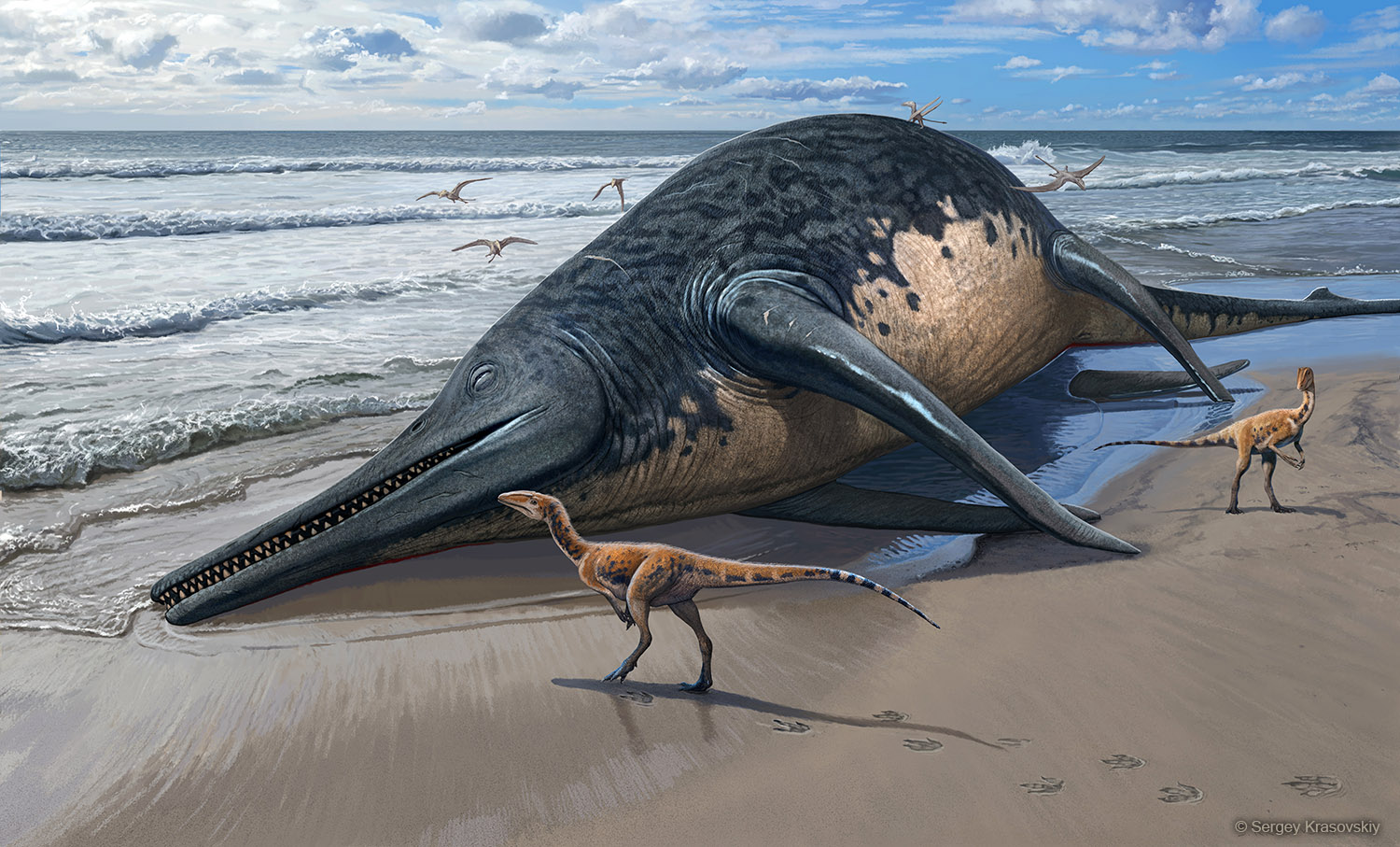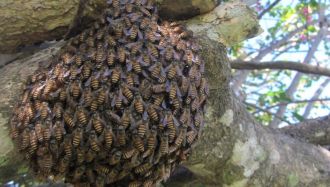-
Shackleton's milk: not too different from today's
Journal of Dairy Science
100-year-old powdered milk brought on the Shackleton expedition has been studied and found to be remarkably similar to its modern equivalent. Fonterra scientists found that the only major differences were due largely to how the antiquated storage, Read more about Shackleton's milk: not too different from today's
New ZealandFonterra Research and Development Centre -
Tiny magnetic particles in air pollution linked to development of Alzheimer’s
Environment International
Magnetite, a particle found in air pollution, could induce signs and symptoms of Alzheimer's disease, according to a study in mice and human brain cells. Magnetite, a tiny particle found in air pollution, can induce signs and symptoms of Read more about Tiny magnetic particles in air pollution linked to development of Alzheimer’s
Australia; NSWUniversity of Technology Sydney (UTS)|The University of New South Wales -
Bottlenecks and beehives: how an invasive bee colony defied genetic expectations
Current Biology
A single bee colony has broken through a 'genetic bottleneck' to display genomic variation. Adaptability despite low genetic diversity could be a good sign for threatened species. For more than a decade, invasive Asian honeybees have defied Read more about Bottlenecks and beehives: how an invasive bee colony defied genetic expectations
Australia; NSW; QLD; ACTThe University of Sydney|CSIRO -
El Niño likely to cause record-breaking average temps in the first half of 2024
Scientific Reports
In the first half of 2024, many areas of the world are likely to experience record-breaking average surface air temperatures, according to international researchers. The team say that coastal areas in Asia such as the Bay of Bengal and the South Read more about El Niño likely to cause record-breaking average temps in the first half of 2024
InternationalChinese Academy of Meteorological Sciences, China -
Building a healthier state from the inside out
Applied Health Economics and Health Policy
If Australia wants better results from its annual $180 billion dollars healthcare services expenditure, health economists must play a key role in decision making to improve the efficiency of local hospitals and health networks. Greater input from Read more about Building a healthier state from the inside out
Australia; SAFlinders University -
A lightweight fish pen to move farms to deeper seas
Journal of Marine Science and Engineering
The University of Queensland has co-led a project to design a cost effective yet robust pen to expand fish farming into deeper ocean areas to help feed the growing global population. The University of Queensland has co-led a project to design a cost Read more about A lightweight fish pen to move farms to deeper seas
Australia; QLD; TASThe University of Queensland|Griffith University|University of Tasmania -
EXPERT REACTION: Junk food linked to over 30 physical, mental health and sleep problems
The BMJ
Eating more junk foods such as soft drinks, packaged snacks and sugary cereals is associated with a higher risk of over 30 different health problems both physical and mental, according to an umbrella review by Australian and international researchers Read more about EXPERT REACTION: Junk food linked to over 30 physical, mental health and sleep problems
Australia; International; NSW; VIC; QLD; SADeakin University|Monash University|The University of Sydney... -
New online platform to improve disaster preparedness using community-sourced data, resource mapping and AI
A new online platform aims to better prepare communities for disasters with the use of community sourced data, resource mapping and artificial intelligence (AI) tools. The report Towards Resilient Communities released today, provides details on the Read more about New online platform to improve disaster preparedness using community-sourced data, resource mapping and AI
Australia; VIC; QLDARC Centre of Excellence for Automated Decision-Making and Society... -
Man's best friend might be carrying antimicrobial-resistant bacteria
PLOS ONE
Man's best friend might be carrying antimicrobial-resistant bacteria, according to international researchers who tested E. coli found in the poo of pet dogs. They found evidence that the bacteria had developed some forms of antimicrobial resistance. Read more about Man's best friend might be carrying antimicrobial-resistant bacteria
InternationalSichuan Agricultural University, China -
Chimps and gorillas will experience more frequent extreme climate events in the next 30 years
PLOS ONE
African great apes, including gorillas and chimpanzees, are going to experience extreme events such as wildfires, heatwaves and flooding more frequently in the next 30 years, according to international researchers. The team used past temperature and Read more about Chimps and gorillas will experience more frequent extreme climate events in the next 30 years
InternationalHaramaya University, Ethiopia










































